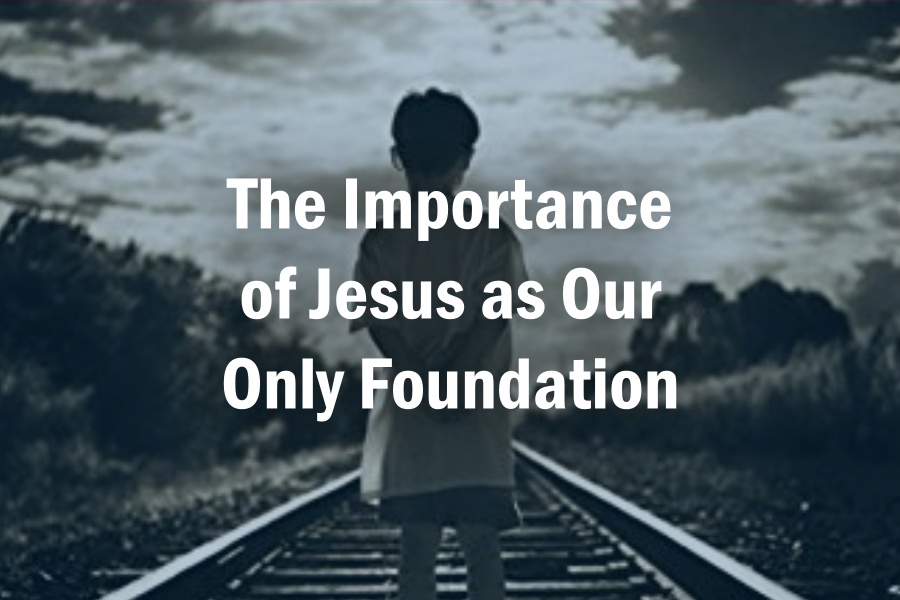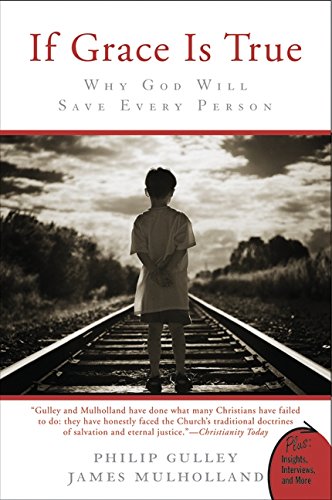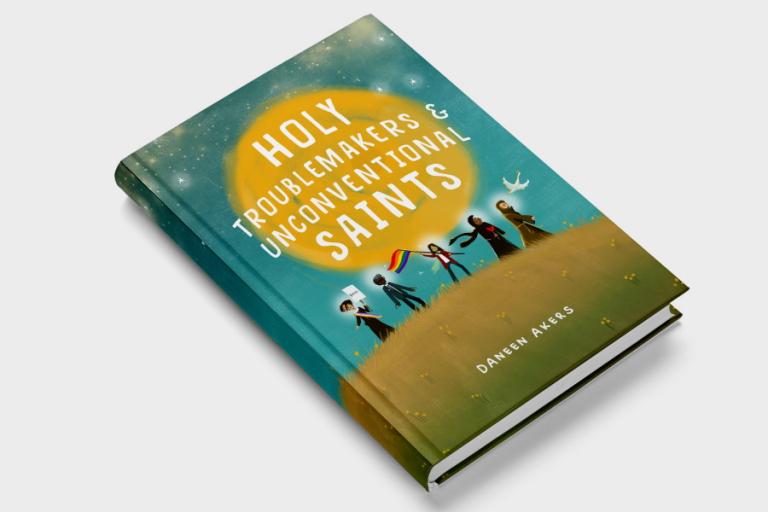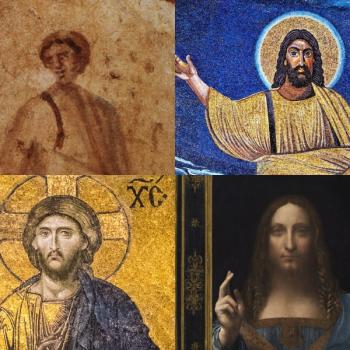This past Friday, I visited a thrift store and picked up a book called If Grace Is True: Why God Will Save Every Person, which I then devoured over the next day and a half. It’s coauthored by two Quaker pastors, and as the subtitle implies, it seeks to defend the view of universal reconciliation or universalism—the idea that God never rescinds his offer of forgiveness, that he continues seeking the lost even after death, and that all will eventually repent and accept God’s grace.
I won’t spend much time either defending or refuting this view right now. I consider myself a hopeful universalist—meaning that I believe in the possibility of eventual reconciliation for all, and that I hope (in the strong sense of the word) for this to be the case, but that I am not fully confident in every individual’s desire to receive God’s grace. I therefore consider it also a possibility (though I hope this will not be the case) for some to so strongly reject their source of life that they will eventually cease to exist.
My caveat to the book’s premise aside, I really was loving the first four chapters. Nearly every point the authors raised was resonating with me. They demolished the petty view of God so common in modern Western Christianity. This “god” may offer forgiveness to some, but he’s just as ready to damn others to eternal hell for simply not getting the formula right. He may be a god of love in some respects, but his version of love is tempered by a holiness that cannot look on sin, and by a form of justice that demands retribution before reconciliation can occur.
In short, this god looks nothing like Jesus.
I was enjoying the book so much that near the end of the fourth chapter, I took a break from reading it and looked up the authors online to see what else they had done or written since. While Philip Gulley is still a Quaker pastor, and has written quite a few more books I’d like to check out, I was surprised to learn that his coauthor James Mulholland has recently left Christianity altogether.
Such discoveries sadden me, but even more so, they perplex me. I’m not surprised when I see fundamentalists walk away from their monstrous image of God. If I still thought their view of God was accurate, I would walk away from him too. But how could it be that this man, who had gained such a beautiful picture of God, would then still walk away from him?
A bit disconcerted, I continued reading the book. A few lines into chapter five, it started to make sense. Everything leading up to this chapter had been well within the realm of Christian orthodoxy—a minority view in recent times perhaps, but a distinctly Christian view nonetheless. But in chapter five, it seems to me that the authors began throwing out the orthodox baby along with the soiled bathwater.
They express doubts as to Jesus’ divinity, and they reject the idea that Jesus is the only name by which we must be saved (p. 125). They reject the idea that Jesus died for our sins (p. 135). They claim that Jesus doesn’t really save us himself, but that he simply reveals God as Savior (pp. 143–144). They say that Jesus was not fully God and fully man (pp. 145). Throughout the whole chapter, it seems the authors do everything they can to deemphasize Jesus.
So here’s what I’m seeing in retrospect. In the first four chapters of their book, Gulley and Mulholland do an excellent job of deconstructing a horrible picture of God. This false picture of God was built, in large part, on the foundations of sola scriptura and biblical inerrancy. But the Bible was never meant to be the foundation of our faith, and so the authors rightly reject it as such. Yet its removal left a gap to be filled. Sadly, it seems they were only able to fill that gap with ethics and morality. These morals are good—in large part based on the teachings of Christ himself—but morals are not our foundation either. Jesus is the one and only foundation for our faith.
There can be no other foundation than the one already laid: I mean Jesus Christ himself. (1 Corinthians 3:11, REB)
In opposing the monstrous image of God that plagues much of modern Christianity, our solution cannot be to deemphasize Jesus. We must rather to point to him with every ounce of our strength. We must read every page of Scripture through the lens of Jesus. We must weigh every philosophy by the revelation of Jesus. We must always and in every circumstance ask, “Does this look like Jesus?”
The authors of If Grace Is True have rejected a false foundation, but they have failed to replace that foundation with Jesus. With this understanding, I can’t really say I’m surprised to hear that one of them has walked away from Christianity.
Why stay if not for Jesus?
That’s not to say that I think Philip Gulley, the other author, must be teetering on the edge of faith himself. I’m sure that his reasons for being a Christian are far more complex than this book can summarize; I have no idea what changes might have taken place for him since this book; and from what I can see of him online, he appears to be thriving in his faith today. I’m truly glad for this. But I do fear for those who may follow this brand of Christianity that so deemphasizes Christ.
There is another way. We can reject the all-too-common monster view of God, and still remain true to orthodox Christianity. We do this by affirming that God is fully and perfectly revealed in Christ alone. “The Son is the radiance of God’s glory and the exact representation of his being” (Hebrews 1:3, NIV). “He is the image of the invisible God; his is the primacy over all creation” (Colossians 1:15, REB).
No matter how beautiful our view of God may be, it is certain to fall short if it is not based on Jesus.
For an even more beautiful view of God—one soundly rooted in orthodox Christianity and firmly grounded on the foundation of Jesus Christ—I cannot recommend highly enough A More Christlike God: A More Beautiful Gospel by Brad Jersak.














